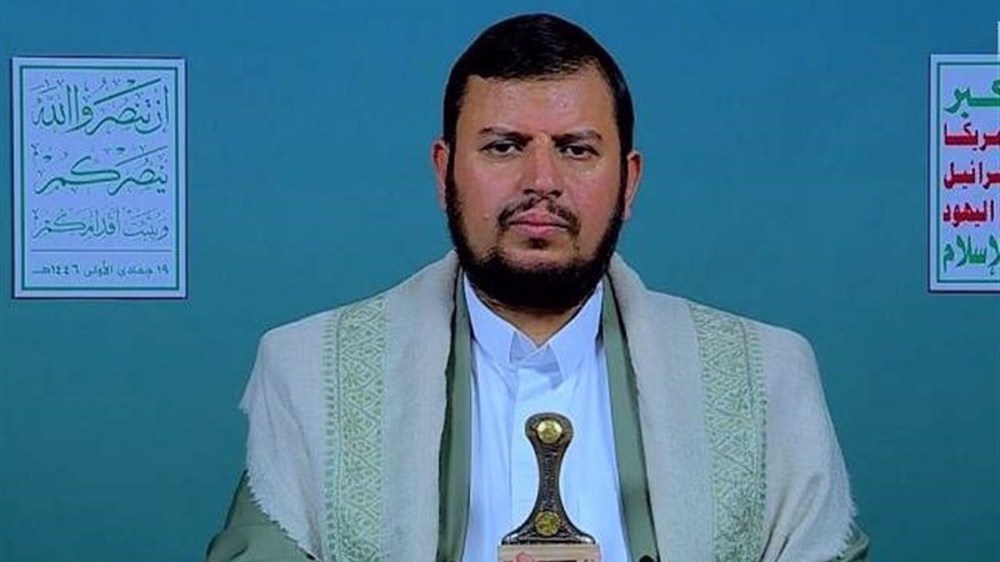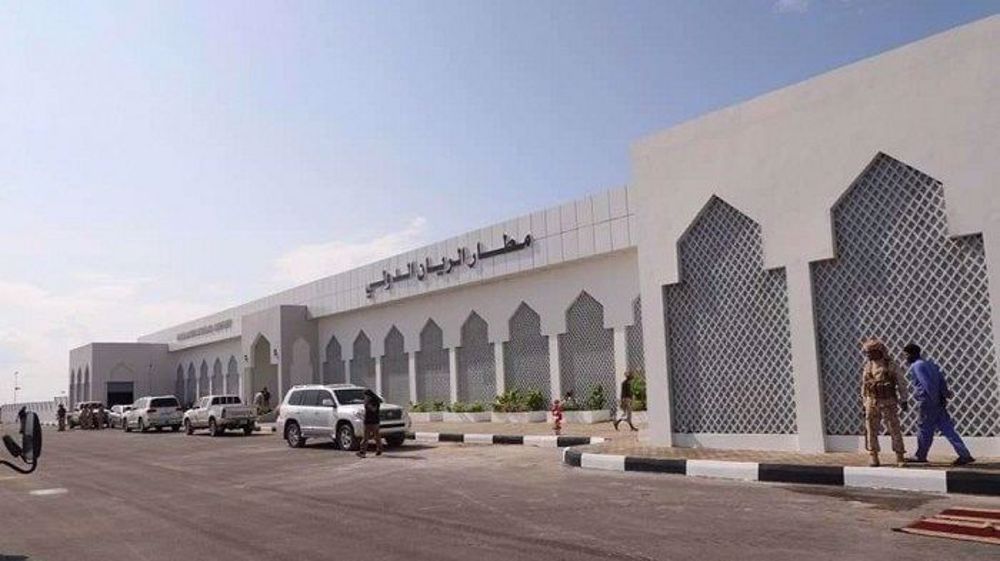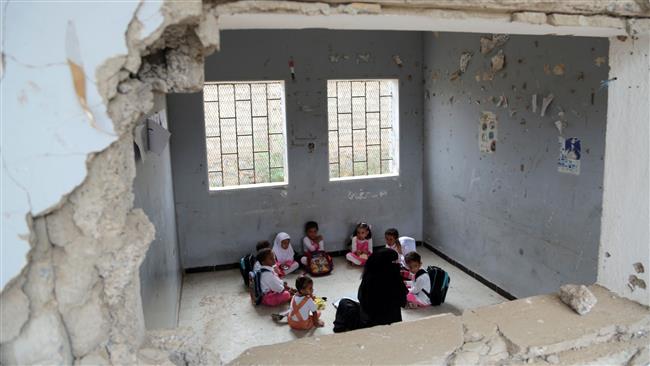570 suspected cholera cases treated in 3 weeks in Yemen: MSF
Doctors Without Borders (MSF) says more than 570 suspected cases of cholera have been treated in Yemen during the past three weeks, some seven months after the outbreak of the infectious disease was declared in the conflict-plagued impoverished Arab country.
"There are fears that the disease could turn into an epidemic. Two years into the war, the healthcare system has collapsed, hospitals are destroyed... and government employees' salaries have not been paid," said Ghassan Abou Chaar, the spokesman for the international medical charity, on Sunday.
He added that the MSF had witnessed a marked increase over the past week in suspected cholera cases in five provinces across the country.
Abdelhakim al-Kahlani, the spokesman for Yemen's Ministry of Health, said the bacterial infection had resurfaced the previous week in the impoverished country, with reported cases in 10 provinces. He added that two cholera-related fatalities had been confirmed in the capital Sana'a, three in the central province of Ibb and four in the western province of Hudaydah.
On Saturday, Kahlani reported that the total number of cholera cases had reached 1,350 cases in all provinces in Yemen.
Read more:
In early October last year, the World Health Organization announced the grim news of cholera outbreak in Yemen, and three weeks later it reported that the number of cholera cases across the country, including the capital, had soared to hundreds.
Last year, nearly 100 people lost their lives due to an outbreak of cholera and acute watery diarrhoea in Yemen.
Cholera, which causes severe diarrhoea and dehydration, is transmitted through contaminated drinking water and could prove fatal in up to 15 percent of untreated cases.

Over two years of Saudi Arabia's full-scale war on the impoverished country have put more than half of all health facilities in Yemen in a state of complete or partial shutdown. Furthermore, there are critical shortages in medical doctors in over 40 percent of all districts, according to the health ministry.
The Saudi airstrikes do not even spare the MSF medical centers in Yemen. In mid-August last year, at least 19 people were killed and 24 others sustained injuries when a Saudi airstrike hit an MSF hospital in Hajjah’s Abs district. It was the fifth and deadliest attack on an MSF-supported facility in Yemen.
Read more:
- Saudis target Yemeni hospital; 25 killed
- Saudi strike on Yemen hospital 'unjustified'
- MSF leaving Yemen due to Saudi raids
The relentless Saudi airstrikes against Yemen have also inflicted a variety of health hazards on the people.
Nearly 3.3 million Yemeni people, including 2.1 million children, are currently suffering from acute malnutrition, with more than seven million Yemenis facing the plight of starvation. The figures, however, could worryingly increase if the Saudi war machine continues to breathe fire on Yemeni people.
Since March 2015, Yemen has been heavily bombarded by Saudi warplanes as part of a brutal campaign against the impoverished country in an attempt to crush the popular Houthi Ansarullah movement and reinstall Abd Rabbuh Mansur Hadi, Yemen's president who has resigned and is a staunch ally of Riyadh.
Latest tallies show that the imposed war has so far killed over 12,000 Yemenis and wounded thousands more. The Saudi aggression has also taken a heavy toll on the country's facilities and infrastructure, destroying many hospitals, schools, and factories.
VIDEO | Press TV's news headlines
VIDEO | New wave of Israeli strikes on Lebanon as US suspends ceasefire mechanism
VIDEO | Israeli regime kills three more Palestinian journalists
Canada prime minister hits back at Trump's remarks
Lebanese journalist summoned to court for criticizing president
‘The Voice of Hind Rajab’ receives Oscar nomination
VIDEO | Foreign-backed terrorism in Iran
US-backed riots suffered 'humiliating' defeat in Iran: Yemeni leader













 This makes it easy to access the Press TV website
This makes it easy to access the Press TV website